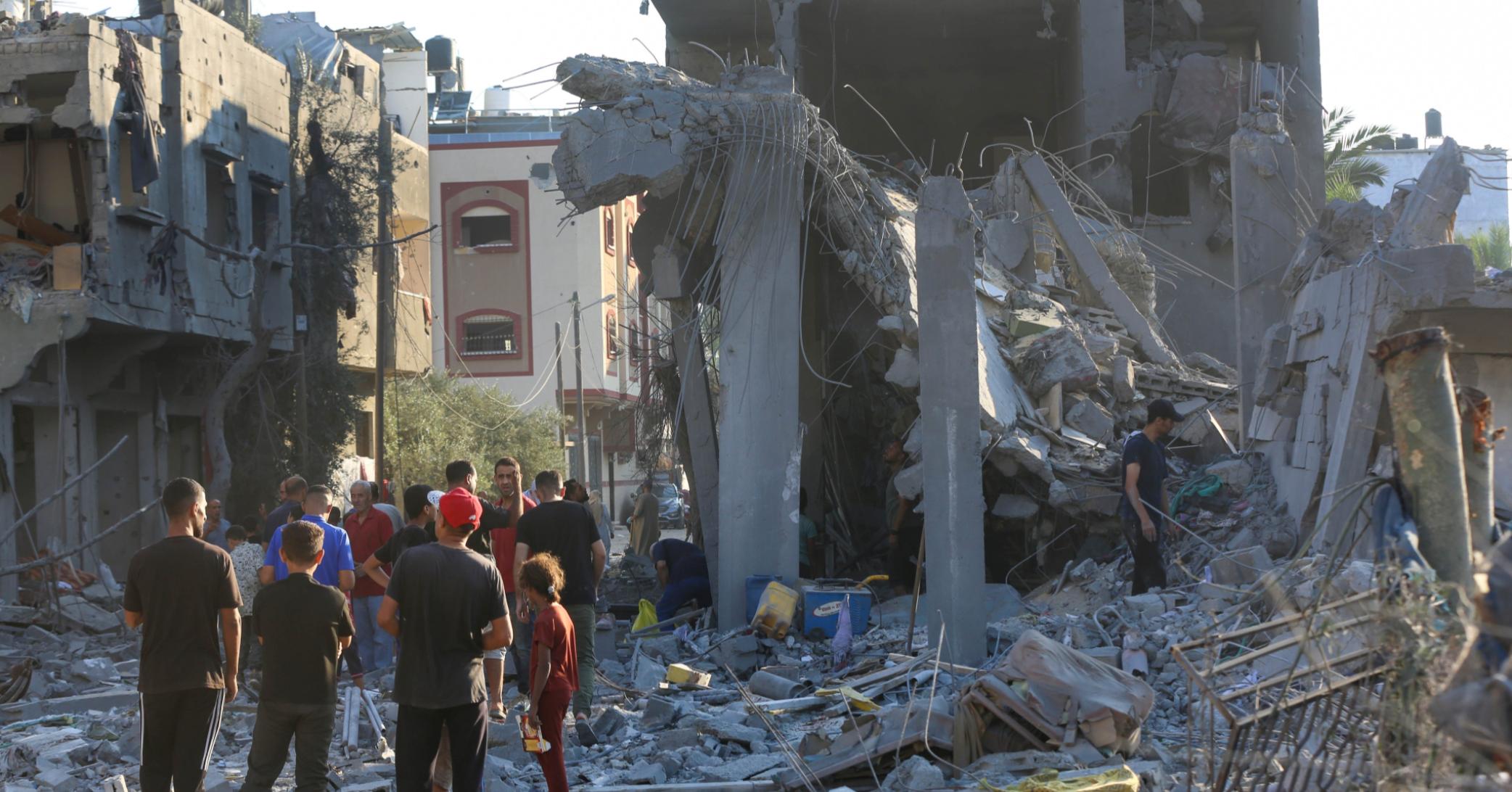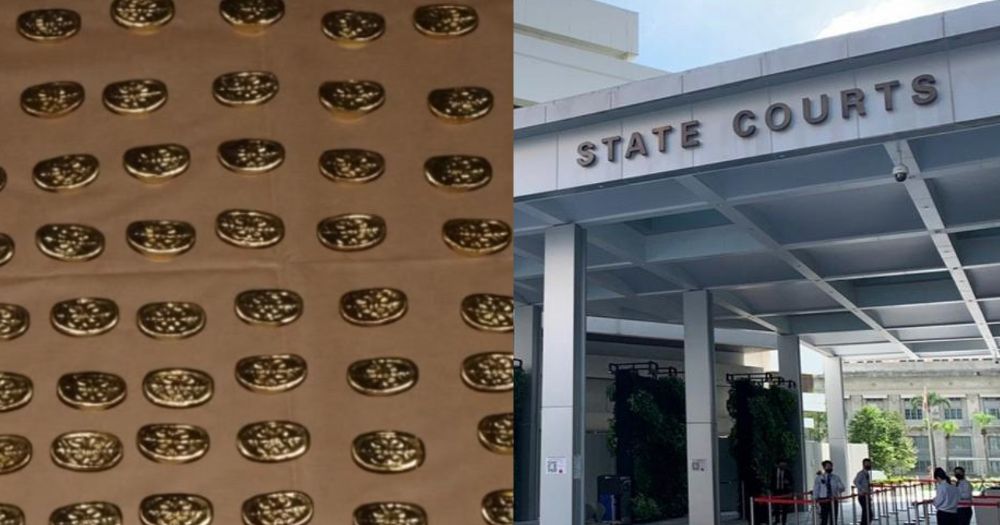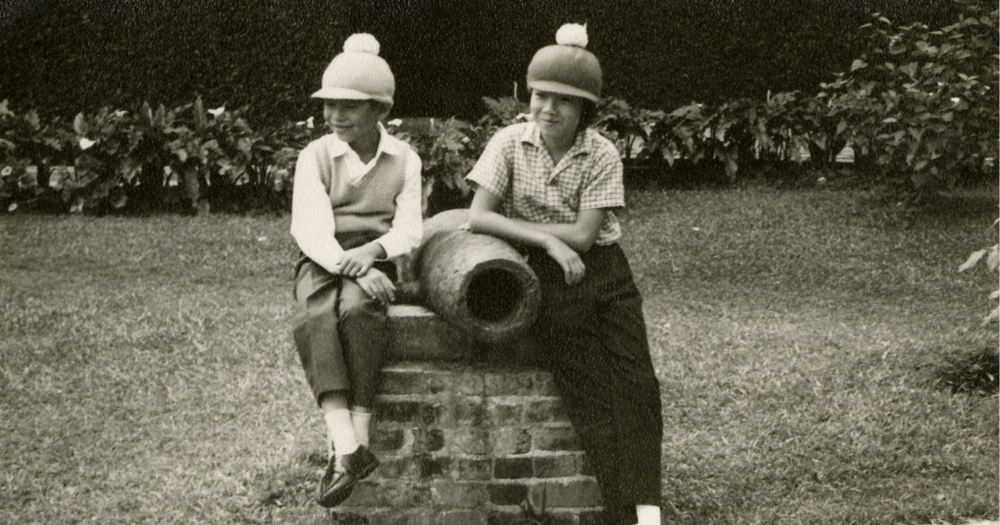UK suspends some arms exports to Israel, citing potential breach of humanitarian law
30 of approximately 350 arms export licenses to Israel will be suspended.

The United Kingdom has suspended some arms sales to Israel, citing a "clear risk" that the equipment might be used to commit serious breaches of international humanitarian law.
"We do not take this decision lightly"
UK's Foreign Minister David Lammy said in parliament on Monday (Sep. 2) that 30 of approximately 350 arms export licenses to Israel will be suspended.
Lammy said that the affected export licenses only involved those that could be used in the Israel-Hamas war in Gaza.
"We do not take this decision lightly, but we note that on previous occasions ministers from all sides of the House — Labour, Conservative, and Liberal Democrats chose not to license exports to Israel," the Foreign Minister said.
He assured that the UK will "continue to support Israel's right to self-defence in accordance with international law".
Move came at a "very sensitive moment"
An unnamed Israeli minister told BBC that the decision was "disappointing" and sent the "wrong message", without elaboration.
Israel's Minister for Diaspora Affairs, Amichai Chikli, told Radio 4 that the move came at a "very sensitive moment" when Israelis were burying six hostages who were "murdered in Hamas tunnels".
Taking to social media, UK's chief rabbi Ephraim Mirvis said that the move "feeds the falsehood that Israel is in breach of International Humanitarian Law, when in fact it is going to extraordinary lengths to uphold it".
Sends relatively few weapons to Israel
British companies sell a relatively small amount of weapons and components to Israel— just 1 per cent of Israel's defence imports, according to BBC.
Earlier this year, the UK government said military exports to Israel amounted to £42m (S$70.3 million) in 2022.
This amount pales in comparison to the UK's total military exports to the Middle East region as a whole. The Middle East is one of the largest markets for UK defence exports.
Military exports to Qatar and Saudi Arabia since Jan. 1, 2021 amount to £5 billion (S$8.6 billion), according to UK-based campaigning organisation Campaign Against Arms Trade.
More significant politically than militarily
BBC observed that the decision to suspend some arms exports to Israel is more significant politically than militarily.
While Labour said it would not change UK's position with regard to Israel's security, this is the third time they have deviated from the previous Conservative government's approach since taking power in July.
Two weeks after taking office, Labour announced it would resume funding UNRWA despite previously halting funding to the organisation, following allegations that some agency staff were involved in the Oct. 7 terror attacks by Hamas.
Days after, Labour announced it was dropping plans to challenge the International Criminal Court's request for an arrest warrant against Israel's Prime Minister Benjamin Netanyahu.
Growing backlash
The decision has been facing growing backlash since it was announced, including from the previous Conservative government that shelved any arms ban.
Boris Johnson, former Conservative leader, posted on X (formerly Twitter):
"Hamas is still holding many innocent Jewish hostages while Israel tries to prevent a repeat of the 7th October massacre. Why are Lammy and Starmer abandoning Israel? Do they want Hamas to win?"
“Having now looked at Labour’s memorandum, it has all the appearance of something designed to satisfy Labour’s backbenches, while at the same time not offending Israel, an ally in the Middle East," Andrew Mitchell, the shadow foreign secretary and one of the ministers in the Foreign Office under the Conservative government said. "I fear it will fail on both counts."
Labour faced challenges from pro-Palestinian candidates
In the recent UK general election, despite Labour's overwhelming victory over the Conservatives, a number of key Labour figures lost their seats due to challenges from pro-Palestinian candidates.
The independent candidates either beat the Labour candidate outright, or siphoned off enough votes such that the Conservative candidate was able to win in the first-past-the-post system.
Others, like Health Minister Wes Streeting, managed to cling on to his seat of Ilford North by a mere 528 votes.
Jonathan Ashworth, who was widely tipped to have a role in the incoming Labour cabinet, unexpectedly lost his seat in Leicester South to independent candidate Shockat Adam who said afterwards, "This is for Gaza."
Top image via @UNRWA/X
MORE STORIES





















